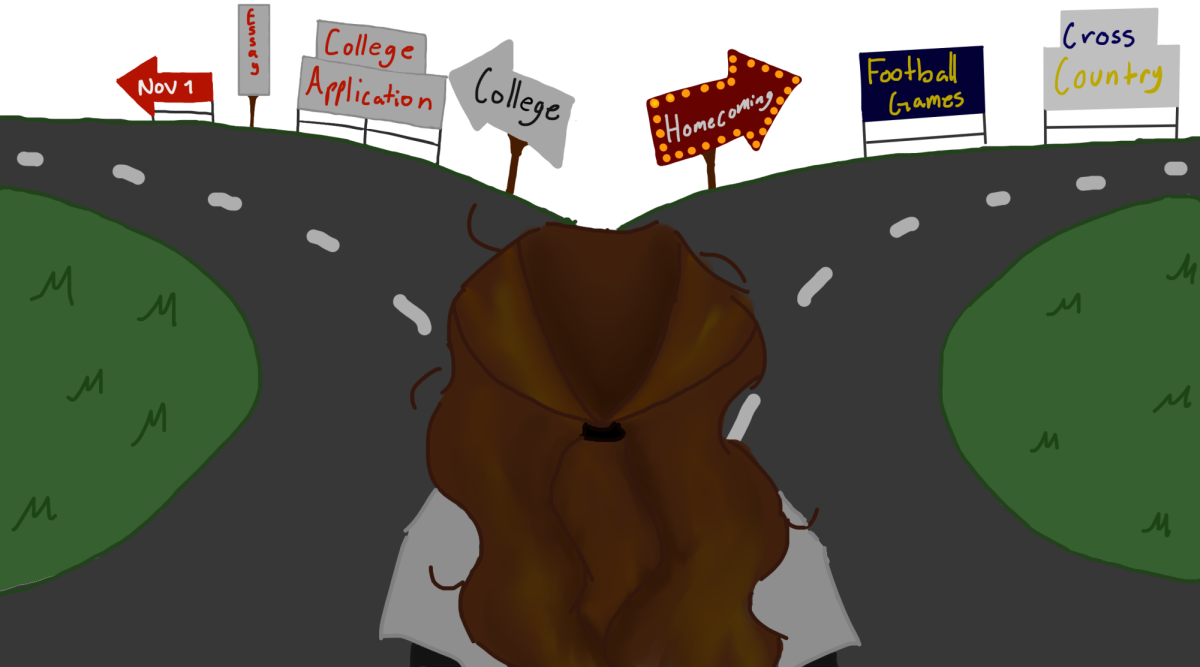It’s midnight. You still haven’t started your homework and
can’t even drag yourself to your desk. No one else is awake, the silence of the night feels almost mocking. Nearly every one has been here at some point. For some, it is a feeling known all too well; for some, it is chronic.
One of my biggest weaknesses has always been procrastination. Even as a kid, I would procrastinate the smallest and simplest things. My parents could probably testify to years of finding me awake in the middle of night doing something that could, and should, have been completed hours earlier.
It is not that I am careless or ignorant toward my responsibilities. I always start out trying to manage my time and work on assignments or projects ahead of time, but I still regress toward a habit of doing things in bursts of energy rather than consistently over time.
Procrastination, for a lot of people, is essentially perfectionism at the root. It’s less of just pushing things to the last minute, but more of the fact that I want my work to be perfect, which might mean waiting until I’m truly ready to give it my full effort and attention.
Throughout high school, my journey with perfectionism, and procrastination has had many ups and downs. Because my freshman year was online, I wasn’t able to build good habits or understand how to manage my time between school, and activities and life. I would end up pouring all my energy into one subject or task, finding myself burnt out and still left with three more assignments.
Going back in person sophomore year, how flawed my system was. Being physically at school for nearly ten hours every day, I struggled to keep up with all my schoolwork and activities and take care of myself too.
Junior year, however, is what really hit me hard. All of sudden, I was getting all these new expectations and tasks thrown at me.
“Prep for the SAT”
“Start looking into colleges.”
“Schedule a college visit.”
“Join more clubs.”
“Take on more leadership roles.”
“Oh, and don’t forget about that essay you have due
tonight.”
Tired and overwhelmed, I knew that something had to change. I had to figure out a way to balance everything I had to without sacrificing my own wellbeing.
I started to figure out small habits that worked for me and helped take off some of the stress and weight of things I had to do. I learned to accept that not everything needed to be perfect. Some things that I started to do were setting reminders for myself throughout the day and making lists of all the things that I need to do so that I can figure out how to manage my time accordingly. This helped me avoid pushing
everything to the last possible moment, and relieved some stress so that I no longer had to do everything at once.
Dedicating set times for specific things helped me break everything down so that it was no longer a giant list of doom, or at least a little less of one.
I also realized that setting was a very important thing for me. When trying to study at home, I was surrounded by distractions, so doing things like going to the library so that I can focus better or setting aside time to study with peers
helped me as well.
The real game-changer, however, was finding some small
moments throughout my day to work on things. If I had extra
time at lunch, I’d work on an assignment so that I wouldn’t
have to do it later that night. If I got to school early and was
waiting for class to start, I’d take a jab at the 40 pages of
reading I had to do for English. Finding time throughout my
day to at least get a start on things helped me greatly.
I still find myself up late at night finishing a project or
homework assignment even with these strategies, but I have
worked hard to figure out what works best for me. I was able
to learn from the challenges I faced in order to change my
approach, and with time and practice, that is something that
anyone can do too.











